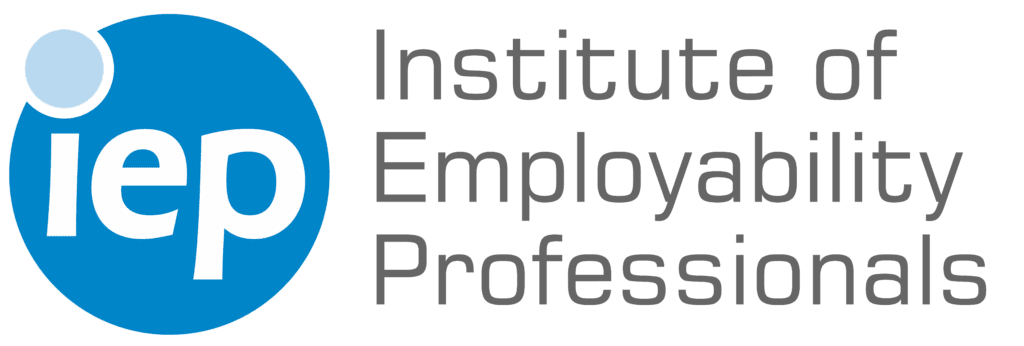Employability Practitioner Apprenticeship Standard (Level 4) Approved

The IEP are delighted to announce that following the approval of the Standard earlier this month, the Assessment Plan for the Employability Practitioner Apprenticeship Standard has now been approved for delivery by the Institute for Apprenticeships (IfA).
IEP Chief Executive, Scott Parkin FIEP said:
“Through this Standard we are developing the opportunity for Employability Practitioners, from a range of settings such as Employability programmes, careers advice and guidance services, housing, probation, health, social care to apprenticeships and skills to progress their careers in their chosen field. It will also provide many more benefits for the customers we all serve, improving outcomes for all.
“Employers are recognising the importance of a well-supported, well trained and continuously engaged workforce in their ability to deliver great services, grow their business, realise diversification and achieve other strategic goals. Likewise, Commissioners are recognising the value of workforce development plans and we expect them to recognise this Standard as best practice.
“Using the Levy Fund for frontline Practitioners delivers value for money and should be encouraged in all areas and in all organisations. With the IfA’s recommendation that the Standard receives a funding band of £6,000 this makes it genuinely deliverable and we, at the IEP, are dedicated to continue our work, through the ETEG, with Employers, employees, strategic partners and the wider Employability profession as a whole to deliver the benefits of this Apprenticeship.
“The Institute of Employability Professionals (IEP) establishes and monitors the competencies required to work within a fast paced and constantly evolving sector. Learners starting the Employability Practitioner Standard will be encouraged to join the IEP at Associate Level, those completing the Standards will be entitled to gain full Membership (MIEP). Those that complete with ‘distinction’ will be supported to apply for Fellowship (FIEP) once they have demonstrated the required impact and influence within the sector.”
Claire Illingworth MIEP ACIPD, People Development Consultant at Seetec said:
“For me, there are three main areas that nicely summarise what the Standard will do for our sector and why it is so important. These are delivering social value, raising the level of professionalism of our frontline Practitioners and the bringing together of the employers within our industry where we are working together towards a common cause.
“The new Employability Practitioner Standard will enable Practitioners to deliver social value through the effective provision of Employability services. This can include but not be limited to more local people in work, thriving local businesses and responsible businesses that do their bit for the local community.
“The new Standard not only equips individuals working within the sector with the knowledge, skills and behaviours that they need now but also for the future. With the changing landscape where public sector funding is tight and services are working together more closely to co-deliver holistic programmes that address a whole wide range of needs, not just Employability, such as health, wellbeing, welfare, housing, debt management and much more.
“From the very beginning of the journey back in early 2017, when we first started to write our proposal to develop the Standard, one of the great achievements is that organisations from across the industry, large and small, private, public, charity and not for profit, have worked together to develop something that meets the needs of everyone.”
Emma Barrett-Peel MIEP, Apprenticeships Specialist said
“I think this new Apprenticeship Standard not only recognises, but evidences the profession and the work that is carried out by colleagues in the sector who manage diverse caseloads of customers with varying complex needs. This Standard provides the evidence that individuals have the experience and levels of attainment to undertake work in the sector at a higher level. This will also provide the industry with a clear set of benchmarks and professionalise the great work our people do to change the lives of others.”
Gemma Bramley, Business Improvement Manager at Education Development Trust said:
“The new apprenticeship standard will support professionalisation of the sector and will also provide a pathway for new recruits. The level of the standard demonstrates the value and importance of employability practitioners in their aim of supporting social mobility and the UK economy.”












Responses